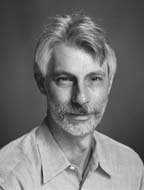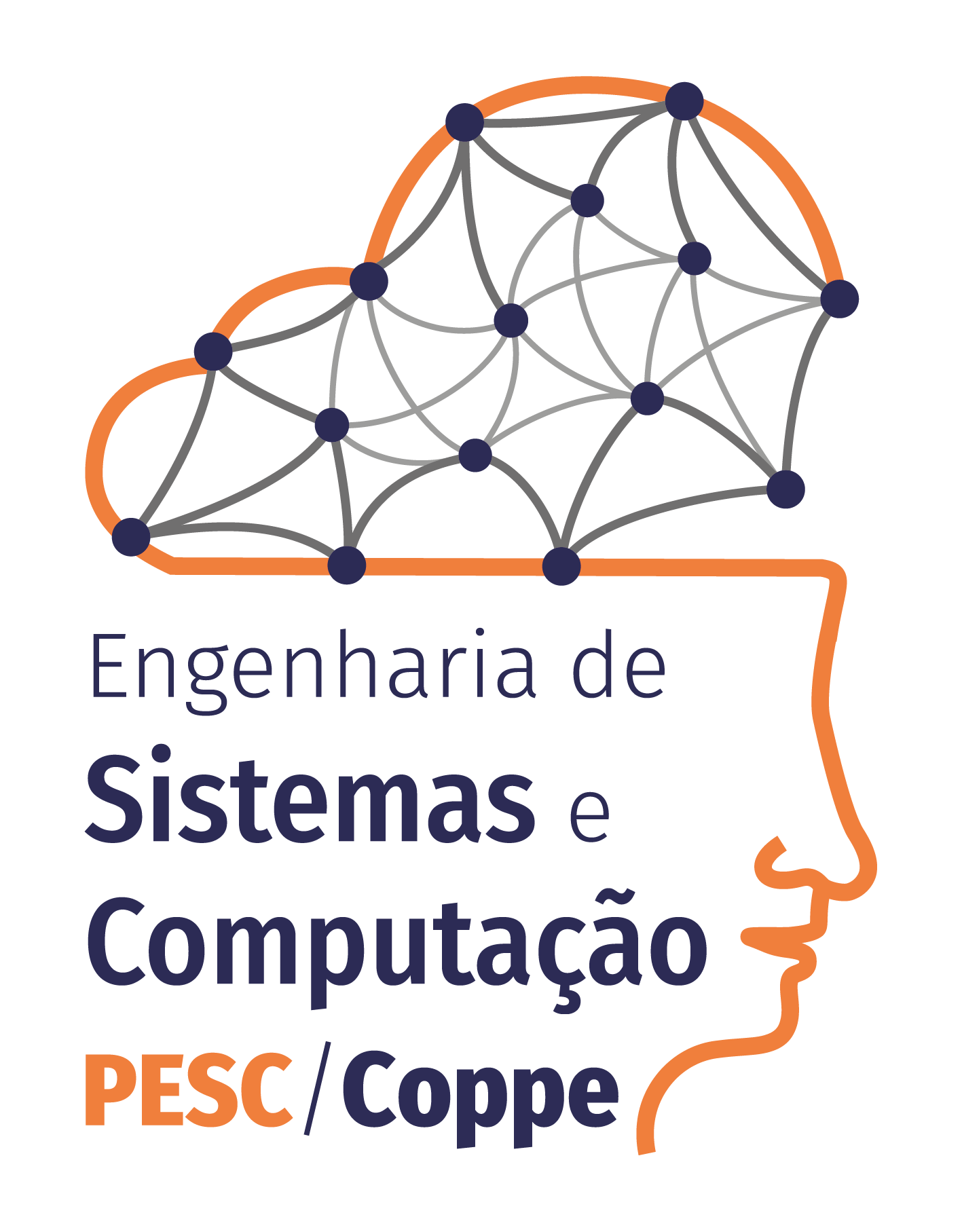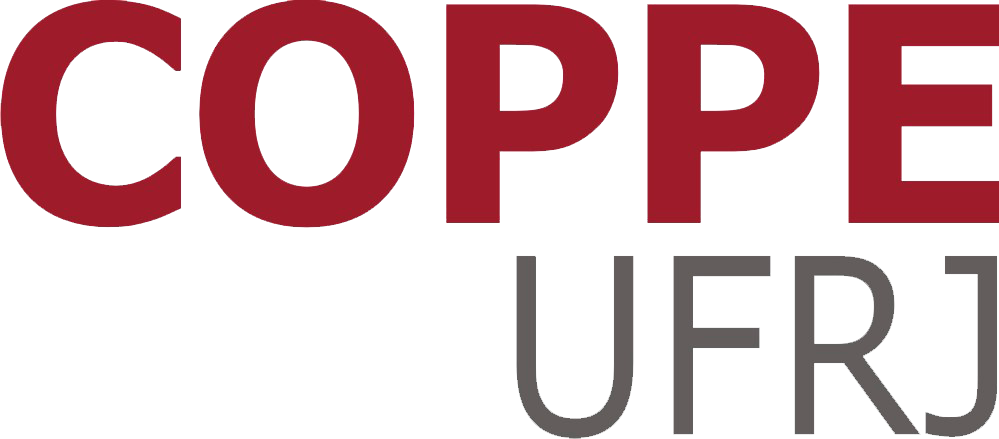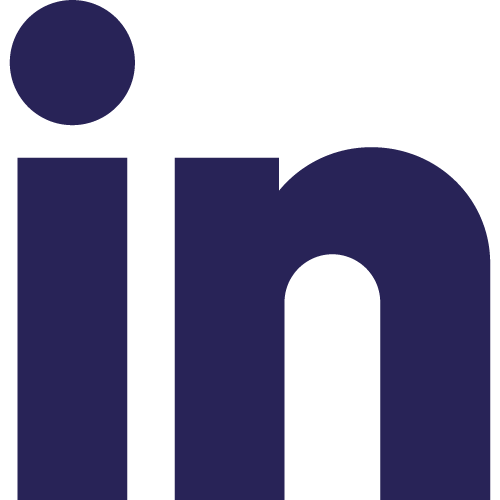 Don Towsley, Distinguished University Professor, University of Massachusetts Amherst
Don Towsley, Distinguished University Professor, University of Massachusetts Amherst
27 de agosto de 2014
Resumo - Slides
In the second part of the talk we look at the related problem of "failure localization". Here the problem is that of identifying, in the case of a network failure, the link that actually failed. We characterize topological conditions that the network must satisfy in order to identify up to k failed links.
This work has been done in conjunction with L. Ma (Imperial College), T. He (IBM), K. Leung (Imperial College), A. Swami (Army Research Lab)
Biografia resumida
Dr. Towsley's research interests include network measurement, modeling, and analysis. Towsley currently serves as Editor-in-Chief of the IEEE/ACM Transactions on Networking and on the editorial boards of Journal of the ACM and IEEE Journal of Selected Areas in Communications. He is currently the Chair of the IFIP Working Group 7.3 on computer performance measurement, modeling, and analysis. He has also served on numerous editorial boards including those of IEEE Transactions on Communications and Performance Evaluation. He has been active in the program committees for numerous conferences including IEEE Infocom, ACM SIGCOMM, ACM SIGMETRICS, and IFIP Performance conferences for many years, and has served as Technical Program Co-Chair for ACM SIGMETRICS and Performance conferences. He has received the 2008 ACM SIGCOMM Award, the 2007 IEEE Koji Kobayashi Computers and Communications Award, the 2007 ACM SIGMETRICS Achievement Award, the 1999 IEEE Communications Society William Bennett Award, and several conference /workshop best paper awards. He is also the recipient of the University of Massachusetts Chancellor's Medal and the Outstanding Research Award from the College of Natural Science and Mathematics at the University of Massachusetts. He is one of the founders of the Computer Performance Foundation


.png)

.png)

